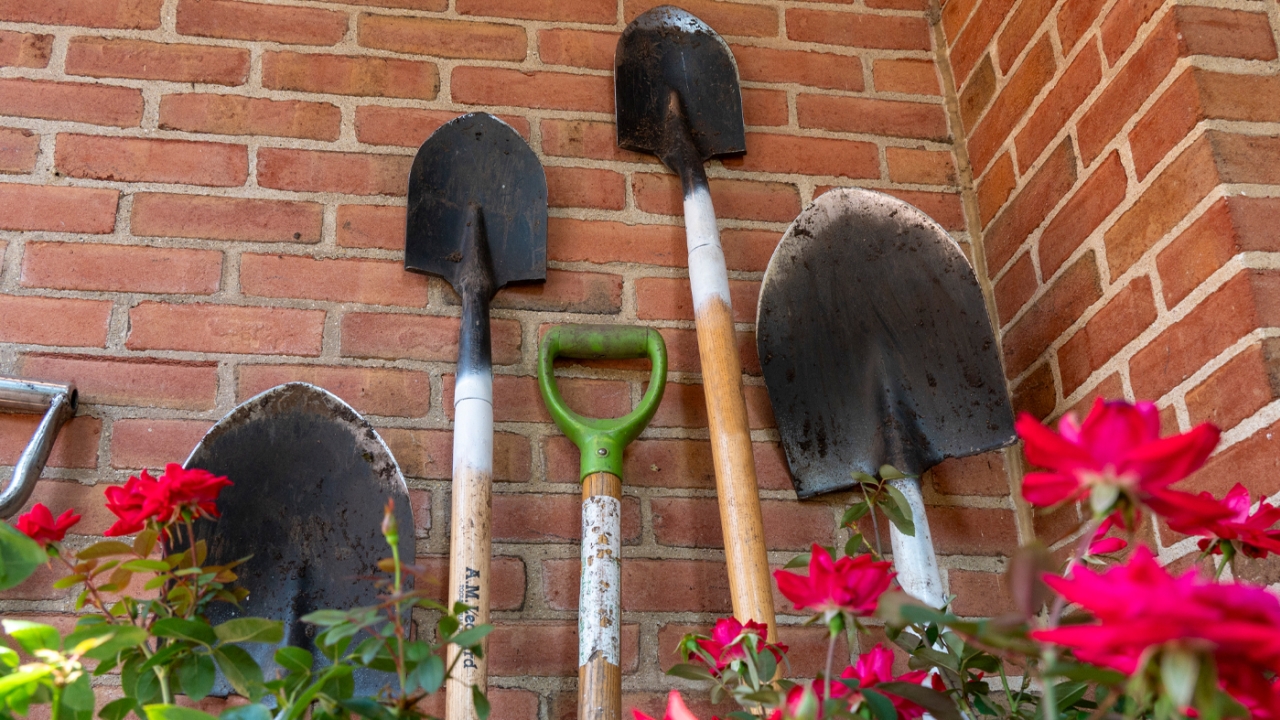

Tips & Techniques
Sustainable Gardening
Sustainable gardens benefit both the environment and the people they serve. As Pati Vitt, Ph.D., a conservation scientist at the Chicago Botanic Garden, says, "The goal of sustainable gardening is to create a self-reliant growth system—a garden that can last indefinitely without inordinate external support."

An Enduring History
"Sustainable gardens are not a new idea," continues Dr. Vitt. "Many of the victory gardens of World Wars I and II were sustainable. These gardens, which helped to feed the troops so that money could be spent to support the war effort, produced nearly 40 percent of the vegetables that were consumed nationally. If we grew just 20 percent of our own food, imagine how dramatically we could reduce our carbon "foodprint"—the fossil fuels expended in transporting produce, the materials used in packaging, distribution, and more."
Sustainable gardens can be viewed as an extension of a whole home system: food and paper scraps are composted to fertilize, while recycled water hydrates the plants when necessary. Sustainable gardeners minimize the amounts of fertilizer, water, pesticides, herbicides—even organic ones—that are gathered from sources outside the home.
Start the Process
Here's how you can shift from conventional gardening into sustainable gardening. If the task seems overwhelming, remember that you can make the changes incrementally.
- Compost food waste (there are year-round indoor systems).
- Lose (or reduce) your lawn. A conventional lawn mower pollutes as much in an hour as 40 late-model cars (or as much as driving a car for 100 miles).
- Install rain barrels, a cistern system, or an in-home gray-water system that redirects wash water to your landscape.
- Create a rain garden to diminish runoff into lakes and rivers.
- Plant native species.
- Remove invasive species, especially honeysuckle, privet, buckthorn, barberry, and multifloral rose.
- Establish perennial food plants such as strawberries, asparagus, and rhubarb.
- Use raised beds, which are more productive, extend the season, drain well, and are space efficient.
- Plant fruit trees; in addition to decreasing carbon emissions, they provide food.

